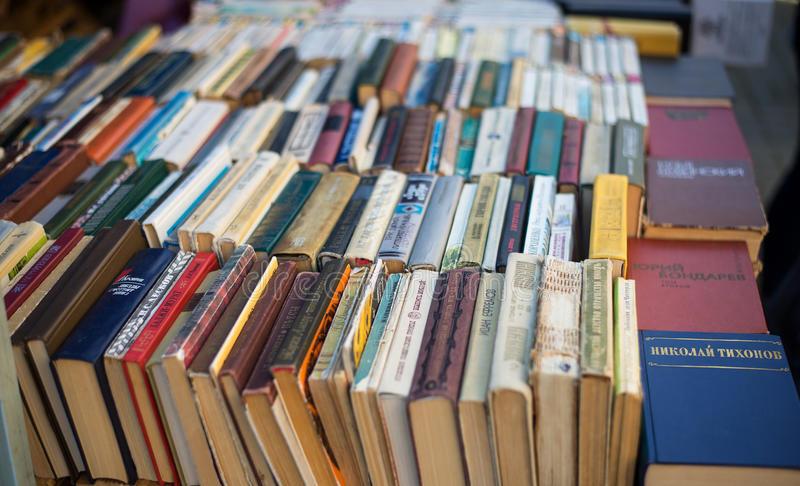Abramov, Fiodor Aleksandrovich (1920-02-29~1983-05)

Soviet writer. Born into a peasant family. He joined the Communist Party of the Soviet Union in 1945. He participated in the Great Patriotic War. He graduated from the Faculty of Languages of Leningrad University in 1948 and began teaching and criticism in literature in 1949. He was a member of the Council of Writers of the USSR. In 1958, he published his first novel,"Brothers and Sisters", which, together with "Two Winters and Three Summers" (1968) and "Crossroads" (1973), formed a long novel trilogy "The Pulyslin Family", which won the 1975 Soviet State Prize. The novel depicts the changes in the Soviet countryside from the pre-war to the post-war years, exposes various shortcomings in agricultural management and human relations, and is valued and praised by the literary and artistic circles. Other works also write mostly about rural themes, such as the novella "Fatherless" (1961), "There is a Little Salmon..." (1962), "Pilar Gaia" (1969), "Trojan Horse" (1970), "Alika" (1972) and so on. The feature "Going Around and Around" (1963) reflects the sharp problems of rural people's poverty and backward agricultural production through the experience of the chairman of the farm in one day, which has caused controversy. In 1978, he published his fourth novel, The House, about the current situation in the Soviet countryside, thus changing the Puliaslins from a trilogy to a quadrilogy. His publications in the 1980s include novellas such as "Mamonija" and "Hot Summer" (1981) and the series of miniature novels "Dense Tender Grass" (1955-1980).